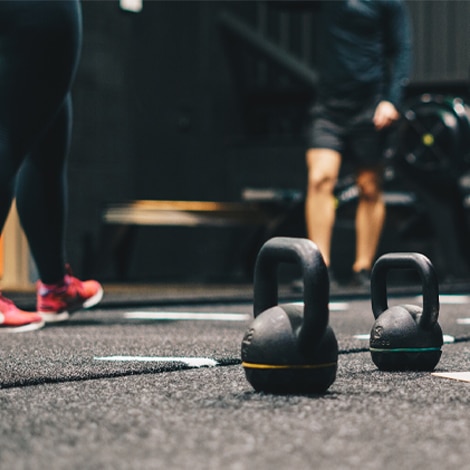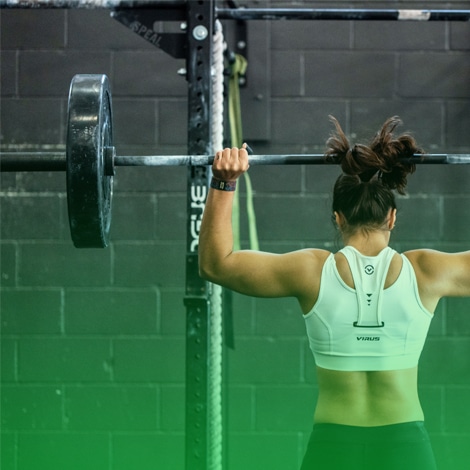What role does body image play in student-athletes’ mental and physical health? What can performance professionals do to support a healthy body image that is aligned with performance goals? We explore why this is such an important topic, how performance professionals are working with athletes on this issue, and the role data & analytics is playing. We’ll also leave you with some practical tips to incorporate in your organization or practice.
CONNECT WITH THE PARTICIPANTS
- Lenecia Nickell – Director of Sports Psychology and Wellness at the University of Cincinnati Department of Athletics. LinkedIn: linkedin.com/in/ldnickell
- Rachel Manor – Sports Performance and Eating Disorder Dietitian with Lutz, Alexander and Associates Nutrition Therapy. Email: Rachel@lutzandalexander.com
- Taylor Lipinsky – Associate Athletic Trainer for Women’s Basketball at the University of Cincinnati. Email: Lipinstm@UCmail.uc.edu
- Emma Ostermann – Human Performance Consultant, Fusion Sport. Twitter: @elostermann20









